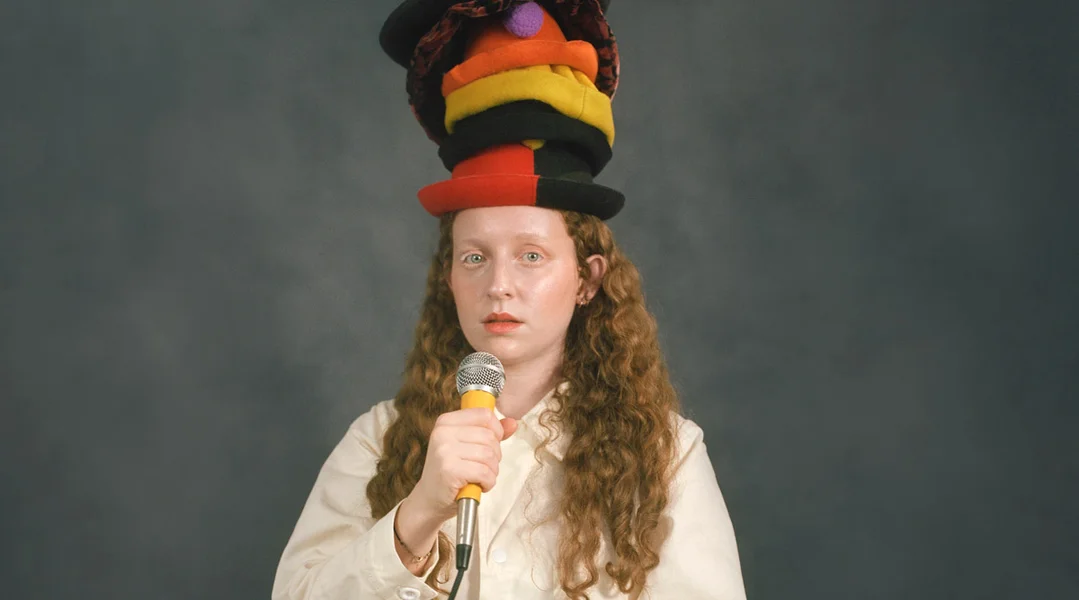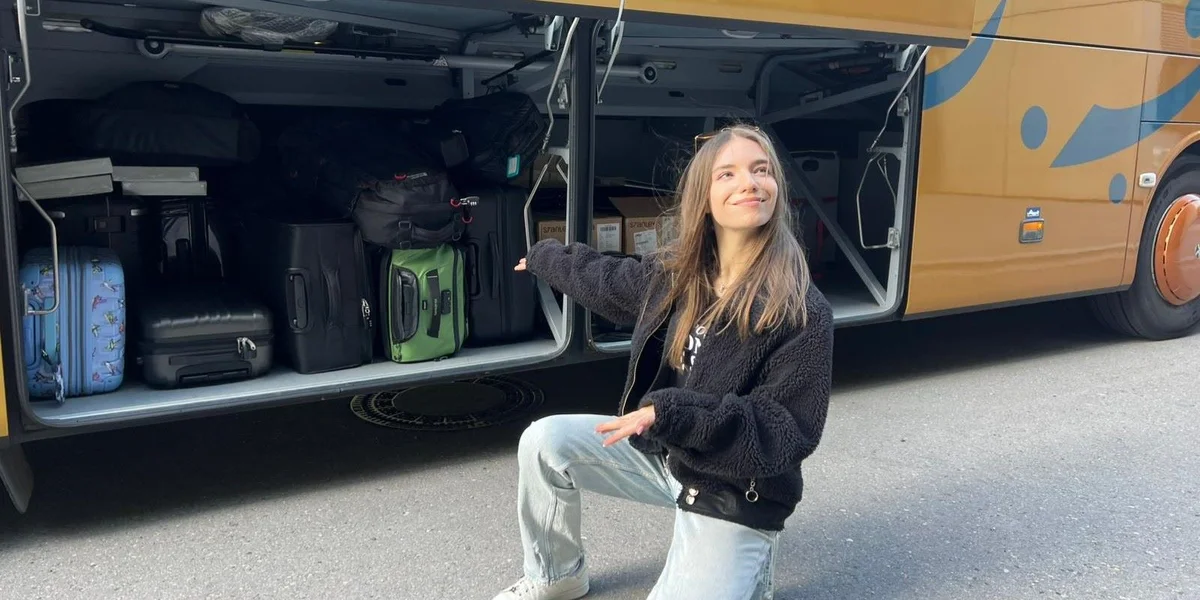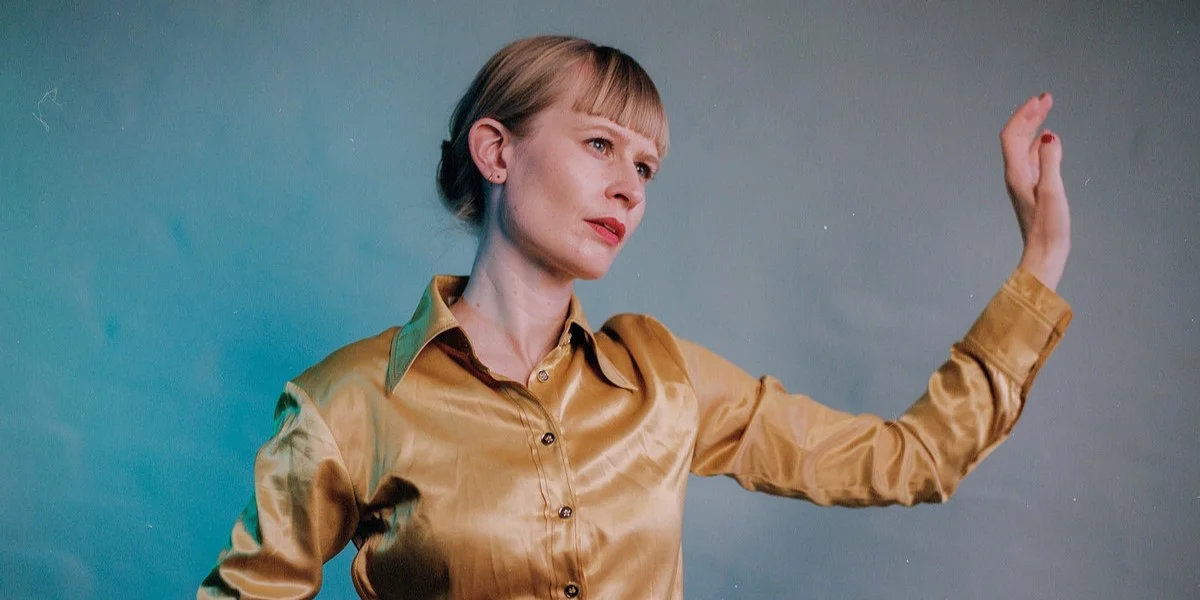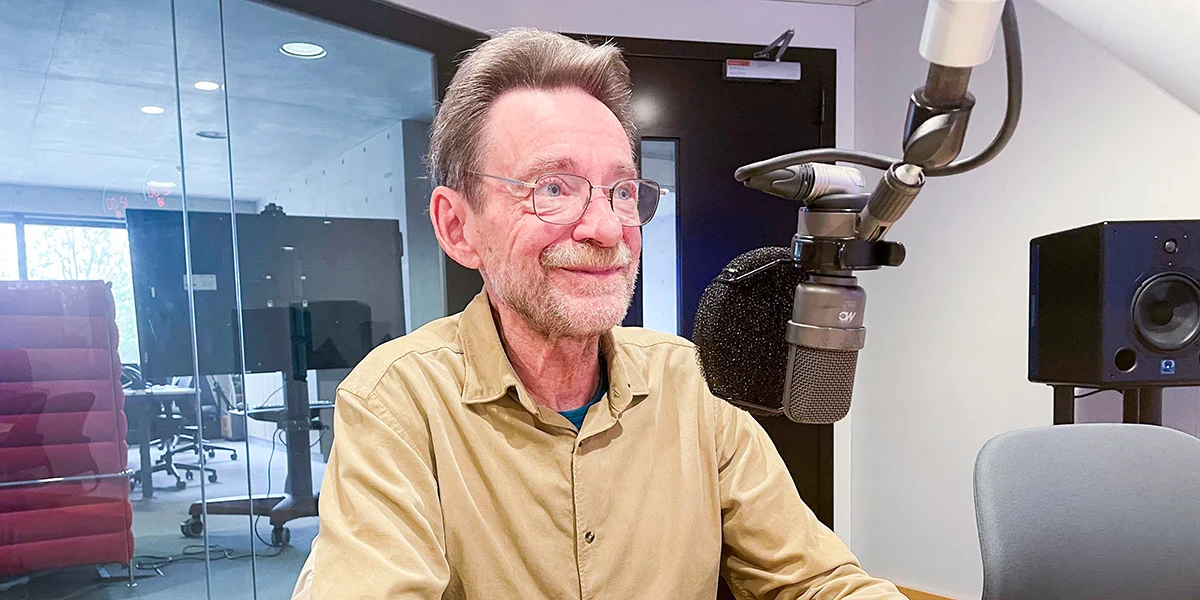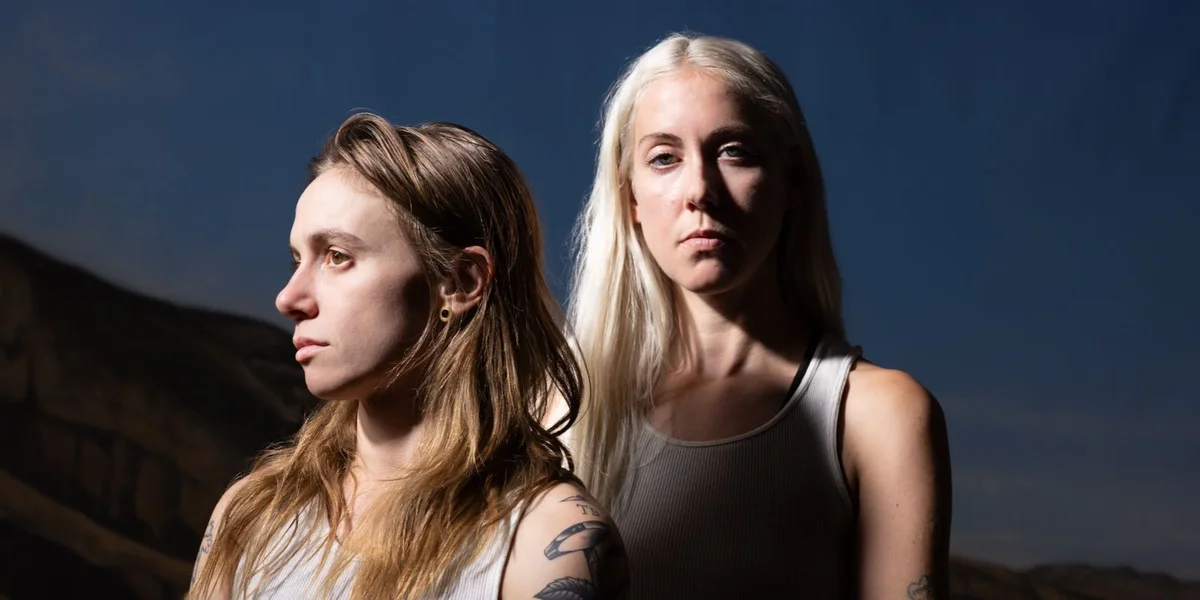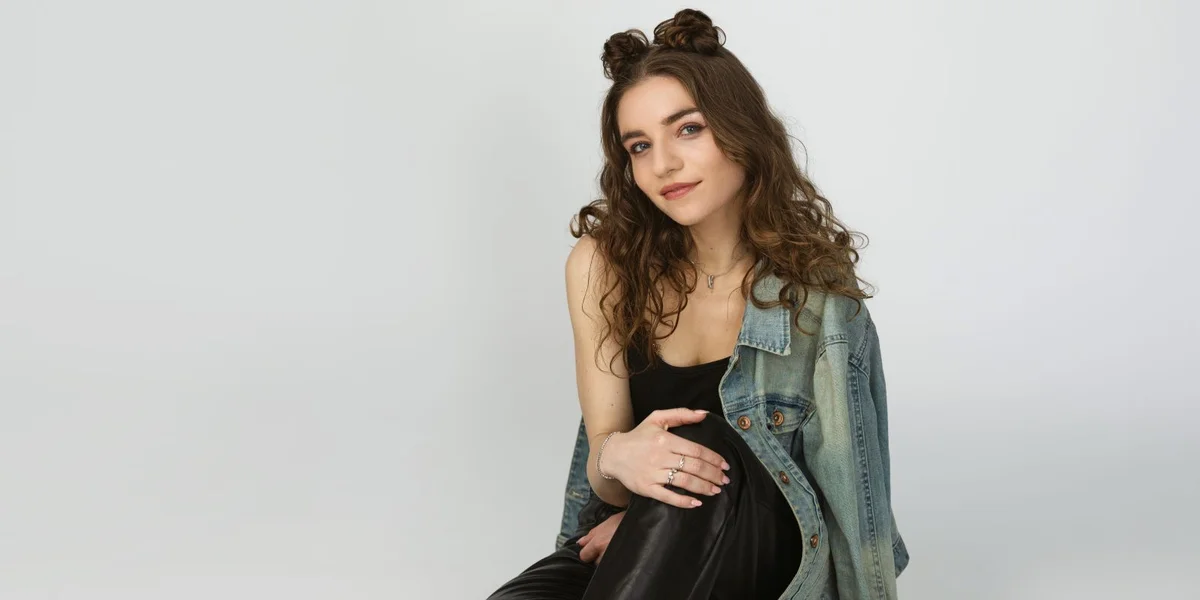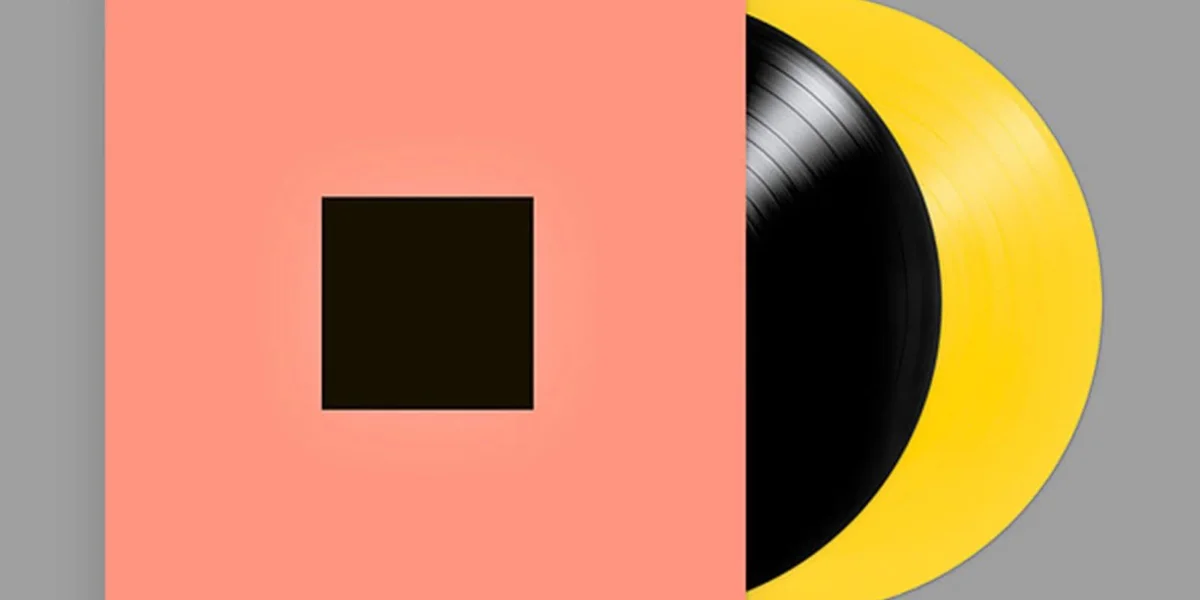Jamie Reinert: Your new record "The Only Thing" comes in the wake of a personal setback, your having to deal with a chronic illness which affects your joints. Having said that, the album sounds extremely free and hopeful. How do you feel now that the album's set free so to speak?
Natasha Jacobs: I feel good. I mean an album is always kind of a long time coming and the artist is usually so used to the songs by the time the album comes out, sometimes even sick of the songs it seems, but for me, this one I got out pretty quickly. It just felt really right and I'm really glad to have it out and I'm excited to start work on another one.
I read somewhere that you were writing the songs as you were going through treatment.
I started writing it in 2017. The first few songs were very slow and then in November 2017 I had to have surgery on my shoulder. During that time as I was healing I wrote the bulk of the rest of the record. I probably finished in the spring and then I started recording in June. I really wanted to have a quick recording process. In the past I really stretched the recording process and this time I just really wanted to get it done. That was a nice goal and I like the results that it yielded.
Considering that it was written in such a short time span, it doesn't sound hurried at all.
Thank you, I appreciate that. Yeah, this one came out. A lot of the songs really felt like they came out really naturally. A lot of times in the past I feel that I was so focused on the technical, it was like pulling a rope out of... I don't know (laughs). It just really flowed out in a manner I hadn't experienced before. I think the arrangements were what happened the most quickly.
Your illness also means that playing guitar has become more difficult. Was this the reason that you decided to switch to synthesizers?
Yes. I am still playing guitar, you'll hear some of that on the record. If you listen to my last record the guitars are really intricate. A lot of big chords, kind of never not playing, whereas with this record I took an approach of only having one or two fingers on the strings at a time. The majority of the record is synthesizer. When I was recovering I got an OP1, which is a tiny synthesizer and I wrote most of the songs on that.
Your guitar playing reminded me of Jeff Buckley. It has this 90s alternative rock feel.
That's so cool, I love him so much. I feel like the last record especially I was really inspired by his everything. I love the chords that he uses.
Has your perception of music changed with the onset of your physical troubles?
Definitely. I mean it's so ingrained in what you do, it's hard for it not to. Especially the way it affected me physically and what you go through mentally. It's impossible for it not to. I think that I really was focusing on the core of the song rather than the arrangement as a whole. Whereas I used to go about it from a more macro-perspective, I think this time, I was really thinking about melody and the song's meaning, which is the least physical part I suppose. I just wanted to make sure that that core was there before anything else, which is a way I had never really written in the past.
It did feel incredible to force myself to find a way to make music that wasn't painful because for the last while, playing the last record and every show, just practicing and getting to the show, it was all just becoming more and more dreary because it was just so painful. It was like I need to stop playing and figure out how to do this another way, which I did at one point. That's when I decided to get the surgery on my arm, just retool everything in a way that made it fun again.
So when you go on tour with the new record, how are you going to deal with that?
Well, I mean I'm playing synth for most of the set which is way easier and I do play some guitar-lines but I learnt them on synth as well so if there's a time I can't play guitar at all that's fine. My band mates are really great, they help me carry stuff when I can't carry things and we just try to take care of ourselves. Probably more than most bands on tour (laughs).
Natasha Jacobs, is Thelma simply you or is it more of a band?
I guess both, I mean it's the band's name. It was originally my solo-project and I'm the sole songwriter. I suppose it's both, which is kind of a funny answer (laughs). When I first started doing it I would kind of really go into character and completely go by Thelma at my shows. I guess because people would assume it was my name, but now I feel that it has become more of a band entity.
Is Thelma also that strange person on the cover of the new record? You're standing on colorful blocks with a mic dangling from one hand and an orange cane in the other. Is there some hidden message behind the cover art?
You know it was just kind of an image that popped into my mind but yeah I think there's a lot of talk on the record about struggling with dancing. I guess it's a metaphor but it's also very direct and true of my situation (laughs). Blocks just symbolise some kind of impairment. They make you super unstable. In the image I'm trying to gain stability with this very challenging set-up and holding the mic kind of not giving up the music. I didn't really think too hard on the meaning.
And it's visually striking.
It took me days to paint those blocks. (laughs)
How did you end up singing in this particular manner? Your voice reminds me of Kate Bush and Joanna Newsom.
Thank you. I'm a really goofy person and have always been known to make weird voices. I feel like in the past I was always just trying to sing really well and straightforward whereas this time I just wanted to really let my whole personality come through. That's just what came out, I was trying to be silly and playful also to kind of make the songs feel lighter. You'll hear hints of it on my past music but I think that this time I kind of stopped being scared to just go all the way with it.
Did you have any particular influences in mind when you thought about this?
Not really. My friend Alison when she heard the record thought it was really funny. She was like oh my god you're finally singing like a primordial baby (laughs). I thought that was really funny. I don't talk like that all the time but when you get to know me I do really goofy voices (laughs). I think it really sprung out of that. I mean I love Joanna Newsom and Kate Bush. I think I'm probably more inspired by Joanna Newsom, especially in the past by her song-structure.
The instrumentation and the shifts in rhythm you use on the record are also captivating. It's a very intuitive mix of electric and organic elements. Did you have the instrumentation in mind before you started recording?
I'd say the strings came last. We have a core band that I knew was going to be on the record. A bassist and drummer and now we have another synth player. I guess I wrote most of the synth parts when I was first writing it, so I knew all of that was going to be there. Many of the electronic drum parts came a little bit later. A few of them came when I was writing stuff on my OP1 but I'd say the only thing that was kind of surprising was we brought in the strings late in the recording process. We wanted to bring in some orchestral instruments. Cello and violin were really the proper thing but besides that, I feel like I had a firm grasp of what I wanted it to sound like as far as the acoustic and electronic from the get go. So I feel that that was already in place as I was writing it.
It's really hard to place how a song comes to be. Was there a particular moment where you were surprised where a song actually came from?
Definitely, I think especially with this record. I mean they weren't all written the same way but I think there were two distinct things that happened this time. I think what was so different for me was there were many instances when just the melody and the lyrics would come first really quickly. Usually starting with a singular lyrical line that came into my head and then I made a melody for it. Sometimes the rest would just flow out so quickly, which is something I hadn't experienced that often in the past.
Many of the songs were written like that but then some of them were written similarly to how I used to write. I'd guess one example I can think of is "Sway". I wrote a lot of the music before I wrote any of the lyrics and it's interesting because I've noticed very distinctly that when I do that the lyrics come out a lot more abstract. When I first wrote "Sway" I thought a lot of those lyrics were just going to be placeholder lyrics, but they ended up staying. That's really how I used to wrote my older music. You can kind of see a distinct shift from the last record to this one, which is a little more direct and less abstract because a lot of the songs really started with the lyrics and the melody.
In a recent post which you wrote you stated that you weren't sure if you could make music your job. How serious is this?
I mean obviously that's a struggle for anyone, disability or not, it's so hard to make a living from your music. I mean I really want to but the music industry is so difficult and I've just had so many direct industry disappointments. Some related to having an illness, where people felt like they couldn't invest in me because I was too much of a risk. So yeah, I want to more than anything. I've released this record, and I've paid for it and I've got so far in debt that now I'm really looking at how I can get financially stable. I think I'll always write music and hopefully always be able to keep putting out music, but in a situation like this and in any situation really, you know, as much as I don't want to have a plan B, at some point you kind of have to. I think it's an important message that people need to know that even if you have to do that you're still an artist. People say if you want to be successful you can't have a plan B and I was in that mind set for so long. However, I think at some point you have to stop beating yourself up and know that you can still fully be an artist as much as everyone else and have a job and get some stability somehow if the music industry isn't giving it to you.

